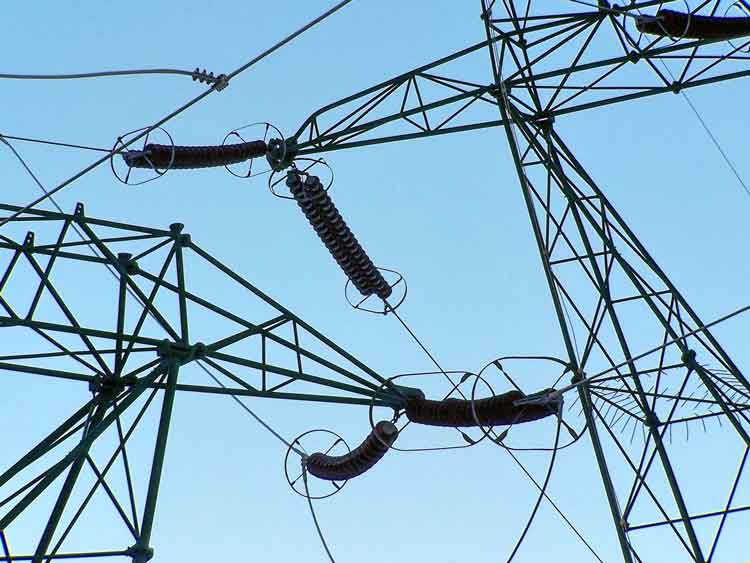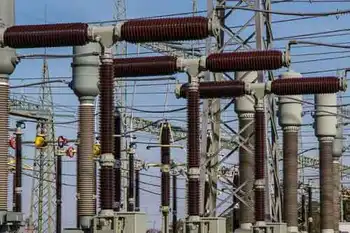Former Enron officer negotiating plea bargain
By Associated Press
NFPA 70e Training
Our customized live online or in‑person group training can be delivered to your staff at your location.

- Live Online
- 6 hours Instructor-led
- Group Training Available
Richard Causey, the former chief accounting officer at the fallen energy giant, was expected to surrender to federal authorities today, sources with knowledge of the matter said, speaking on condition of anonymity. The exact nature of the complaint was not clear.
Causey and another executive were assigned to review all Enron transactions with a partnership called LJM, devised by Fastow.
If prosecutors, defence lawyers and the judges presiding over the cases agree on the proposed plea deal, Fastow could appear in court to change his innocent plea to guilty, sources close to the case said on condition of anonymity.
Fastow would be the highest ranking executive to plead guilty in the criminal investigation of Enron's 2001 collapse.
The Houston Chronicle, citing sources it did not identify, reported yesterday that federal prosecutors are offering Fastow a 10-year sentence.
A plea deal that called for a five-month sentence for his wife, Lea, was rejected by U.S. District Judge David Hittner yesterday afternoon. Hittner said the deal was too binding and he wanted more leeway on her sentence.
Lawyers for the Fastows did not return calls seeking comment. Gordon Andrew, the family's spokesperson, declined comment.
Fastow, 42, is charged with 98 counts of fraud, money laundering, insider trading and other charges for allegedly masterminding a web of schemes that hid Enron's debt, inflated profits and allowed him to skim millions of dollars for himself, his family and selected friends and colleagues.
He is free on a $5 million (U.S.) bond pending trial scheduled for April 2004.
Negotiated pleas often involve agreements to testify against others, and federal prosecutors are under pressure to develop cases against Enron's former top executives, Kenneth Lay and Jeffrey Skilling. However, there was no immediate indication whether any such arrangement was part of a deal with Fastow.
When Fastow was indicted in October, 2002, his lawyers said Skilling and Lay approved his work.
Neither Skilling, who abruptly quit as chief executive nearly four months before Enron filed for bankruptcy protection in the fall of 2001, nor Lay, the company's founder who resigned in January, 2002, have been charged with any crimes. Both maintain their innocence in the implosion that resulted in thousands of layoffs and dozens of lawsuits.
Lea Fastow, 42, was formerly assistant treasurer at Houston-based Enron. She is set to go to trial Feb. 10 on six counts of conspiracy and filing false tax forms.
Prospective jurors were scheduled to report to the courthouse today to answer a questionnaire to see if they are fit to serve as jurors in her case.
Causey, 43, was fired Feb. 14, 2002, after a board of directors report noted his failure to properly monitor the LJM partnership, which became a focal point for investigators looking into alleged misdeeds by Fastow.
Causey's lawyer, Reid Weingarten, did not return a call.
The Fastows are among 26 people charged so far in the justice department's investigation.
In September, former Enron treasurer Ben Glisan became the first Enron executive to go to prison, receiving a five-year sentence after pleading guilty to conspiracy.











